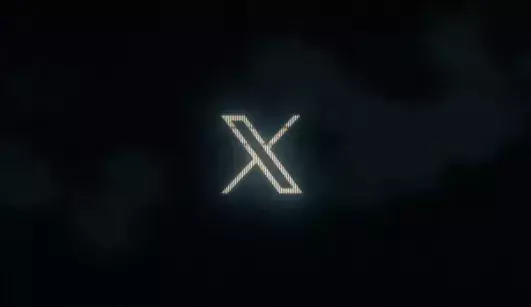The reinstatement of the social media platform X in Brazil marks a significant development, reflecting the intricate relationship between freedom of expression, governmental authority, and corporate governance in the digital era. While many users celebrate the return of X, it raises critical questions about the responsibility of tech companies in upholding or undermining democratic tenets.
X’s suspension in Brazil was not merely a technical glitch but a culmination of rising tensions between the platform and the Brazilian government. The ban stemmed from allegations relating to disinformation circulated by certain users concerning the 2020 election results, which the Brazilian government claimed threatened peaceful governance and democratic stability. In rejecting compliance with government directives, X previously portrayed itself as a bastion of free speech, positioning itself against what it perceived as overreach by the Brazilian authorities.
The return of approximately 20 million X users to the app signifies a major shift in the operational landscape. However, for individuals who supported the ban as a necessary measure against misinformation, the reactivation of the platform feels like a compromise of essential values. This duality is critical; on one hand, X gains its audience back, but on the other, it raises ethical concerns surrounding the propagation of unchecked narratives and the potential for social division.
Government Requests and Corporate Compliance
Following a month-long absence, X’s decision to capitulate to the Brazilian government’s demands brings to light the challenging navigational waters that social media platforms must traverse. By agreeing to remove certain accounts linked to allegations of election fraud and providing a legal representative in Brazil, X created a pathway for its re-entry into the market. Yet, one cannot ignore the irony inherent in this situation: a platform that boasts a commitment to free speech now finds itself operating under the jurisdiction of a national government, which enforces its own standards and regulations.
Elon Musk’s initial resistance to the Brazilian authorities’ requests was rooted in his broader advocacy for unfettered expression. However, this stance cost the platform dearly, both in terms of access to users and potential revenue generation. Musk’s portrayal of the Brazilian government as corrupt was not just rhetoric; it was a broader rejection of what he deemed was undue censorship. Yet, this perspective becomes muddied when considering Musk’s affiliations and business interests in the nation during Jair Bolsonaro’s presidency. His actions reflect a complex interplay of personal belief and corporate strategy that leaves much to be desired in terms of ethical clarity.
The heart of the issue lies in the nature of the information being circulated and its societal consequences. The Brazilian government’s push to eliminate accounts spreading unfounded election claims speaks to a growing concern about misinformation’s power to erode public trust in governmental institutions. Although Musk advocated for the free flow of information, the implications of allowing such narratives to flourish are profound, potentially paving the way for civil unrest and political instability.
While the government’s actions can be analyzed through the lens of preserving democratic integrity, they also can be perceived as an erosion of individual liberties, making the landscape inherently contentious. The challenge is finding an equilibrium where free speech coexists with responsible discourse—an increasingly difficult feat in our polarized socio-political climate.
As X resumes operations in Brazil, the potential ramifications of this saga are still unfolding. The platform’s compliance may indicate a shift toward more cooperation between tech companies and governments, yet it could also signal broader consequences for corporate governance in the digital age. What remains unclear is whether X’s decision to align with governmental demands sets a precedent for other platforms or if it merely represents a unique case tied to the specific political climate in Brazil.
The reinstatement of X in Brazil is far from a simple victory for digital communication. Rather, it encapsulates a multifaceted dilemma involving freedom of speech, governmental authority, and the social responsibilities of corporate entities. As users flock back to the platform, the questions raised during this debacle linger, demanding deeper scrutiny into the assumptions and expectations surrounding digital discourse today.


Leave a Reply